CORPORATE
STUDENT
ACADEMIC
GOVERNANCE
RESEARCH
QUICK LINKS
Panel on "Water and Forest Management in a Changing Climate" Held at Our University
Organized by the Faculty of Forestry, the Faculty of Marine Sciences in Sürmene, and the Faculty of Engineering, the panel titled “Water and Forest Management in a Changing Climate” was held on October 16–17, 2025, at the Prof. Dr. Osman Turan Culture and Congress Center.
The panel addressed the scientific, technical, and social aspects of climate change and its impacts on water resources, marine ecosystems, and forest areas. Attended by Deputy Governor Ercan ÖTER, Acting Mayor of Trabzon Metropolitan Municipality Ahmet Yüksel GÜLAY, Rector Prof. Dr. Hamdullah ÇUVALCI, Vice Rector Prof. Dr. Ali TEMİZ, Dean of the Faculty of Forestry Prof. Dr. Ömer KARA, Trabzon Regional Director of Forestry Emin YILMAZ, Director of the Trabzon Police Vocational Training Center (POMEM) İsmail AKINTÜRK, as well as academics, students, and guests, the opening session aimed to discuss the consequences of climate change, whose effects are increasingly felt on a global scale, on water and forest ecosystems, evaluate possible solutions, and raise collective awareness. The panel also sought to establish an integrated and interdisciplinary approach by recognizing Environmental Sciences and Climate Change as priority research areas that demand scientific understanding and sustainable solutions.
“Combating Climate Change Is Only Possible Through the Joint Efforts of Science, Policy, and Society”
In the program, which began with a moment of silence and the Turkish National Anthem, Rector Prof. Dr. Hamdullah ÇUVALCI delivered the opening speech, stating: “Our Faculty of Forestry greatly contributes to understanding the local impacts of climate change through its studies on the role of forest ecosystems in the carbon cycle, climate-resilient forest management, forest fires, erosion, and water regimes. The Faculty of Marine Sciences in Sürmene sheds light on the future of our blue planet through projects modeling the effects of temperature changes and pollution on marine ecosystems. The Faculty of Engineering, on the other hand, produces innovative solutions that serve sustainable development goals through renewable energy, water management technologies, and climate-friendly infrastructure designs. It is only because we know that combating climate change is only possible through the joint efforts of science, policy, and society.”
“We Now Know That Climate Change Has Become a Global Challenge”
In his address, Dean of the Faculty of Forestry Prof. Dr. Ömer KARA stated, “We now know that climate change has become a global problem with serious impacts on the economic and social structures of nations. In recent years, we have been witnessing the effects of climate change in our country much more tangibly. Water levels in dams supplying drinking and utility water to several provinces have dropped to critical levels, and in some regions, mandatory water cuts have become inevitable. On the other hand, forest fires are spreading over larger areas and lasting longer, causing irreparable damage to ecosystems. Flash floods triggered by sudden downpours have become more frequent and destructive compared to the past. The impacts of climate change are not limited to terrestrial ecosystems alone; the increase in sea water temperature and the disruption of ecological balance accelerate the spread of invasive species in our seas, adversely affecting native species and fish stocks.” He emphasized that the effects of climate change are not limited to rising temperatures or altered precipitation patterns, but are manifested through declining water resources, degradation of forest ecosystems, forest fires, drought, reduced soil fertility, and loss of biodiversity.
Over the course of two days, experts from various fields discussed in depth topics such as the effects of climate change on rivers, groundwater, water resources, floods, the Black Sea ecosystem, global maritime trade routes, and aquaculture; the importance of forests in climate change and water management; forest fires and climate change; temperature and precipitation rates in the Eastern Black Sea region; water footprint; and the positive impacts of highway projects on climate, forests, nature, and environmental protection. The panel aimed to contribute to the development of adaptation strategies for water and forest management under climate change, and to provide a foundation for new collaborations and ideas in this crucial field.
04 November 2025

The Department of Mining Engineering achieved a remarkable success by ranking 16th in the world, according to the 2025 data released by the ScholarGPS.
09 December 2025
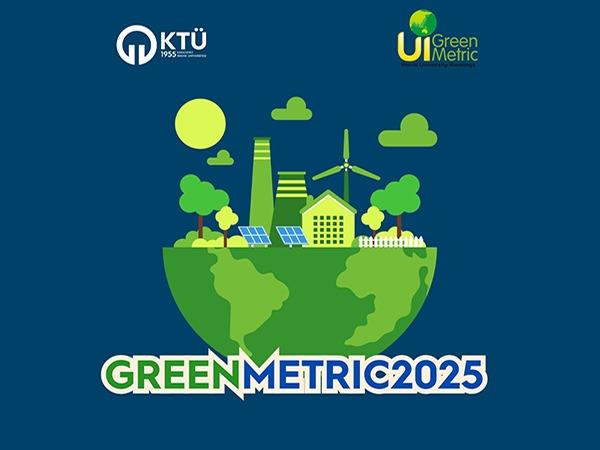
Our University has achieved another significant milestone in the UI GreenMetric World University Rankings.
08 December 2025
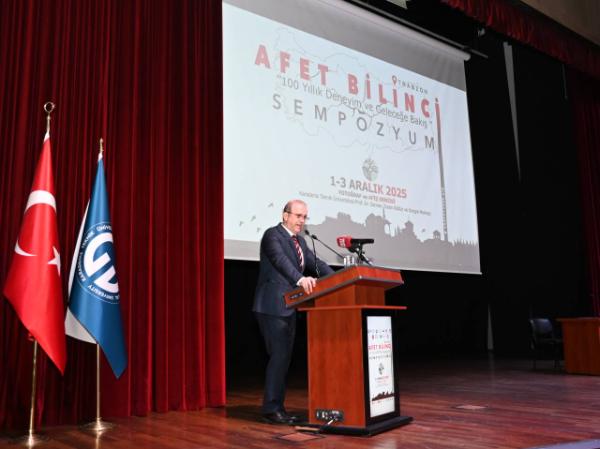
At the "Disaster Awareness: A Century of Experience" Symposium hosted at our university, 10 different themes related to disaster management were addressed.
05 December 2025

The conference was held at the Prof. Dr. Osman Turan Culture and Congress Center with the honored participation of TRNC Speaker of the Assembly Dr. Ziya ÖZTÜRKLER.
04 December 2025
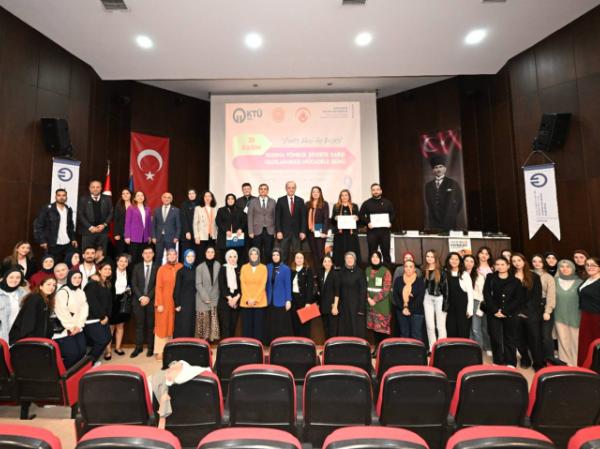
A panel titled "Shared Responsibility from Academia to Society in Combating Violence Against Women" was held at the Prof. Dr. Osman Turan Cultural and Congress Center.
26 November 2025

Our University has achieved remarkable progress in the Quacquarelli Symonds (QS) 2026 Sustainability Rankings.
20 November 2025

The proposal to establish the APİMER at our University has been approved at the Executive Board of Council of Higher Education.
18 November 2025
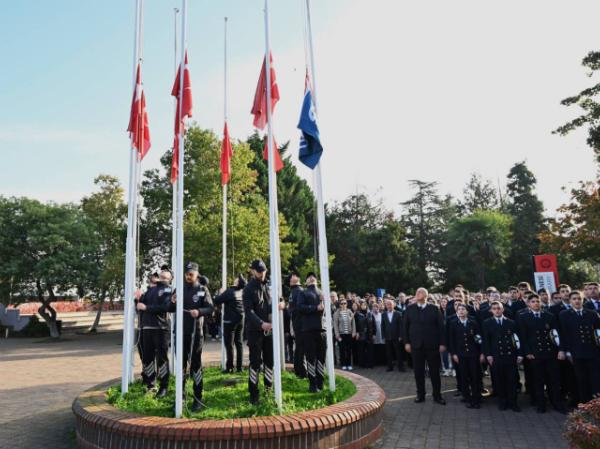
As part of the 87th anniversary of the passing of Gazi Mustafa Kemal ATATÜRK, a commemoration program was held at our university.
11 November 2025
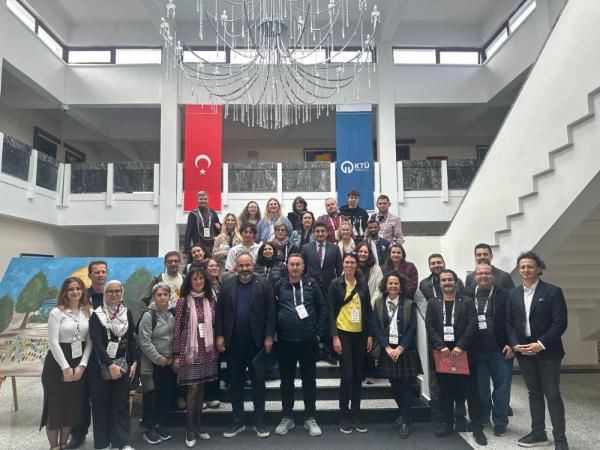
23 representatives from 11 different countries and 15 different universities attended the event during which Karadeniz Technical University and city of Trabzon were introduced.
10 November 2025
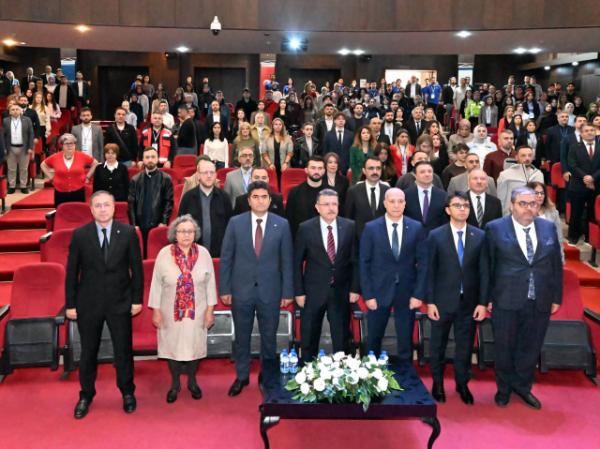
The ?Human Resources Career Congress and Fair? started with an opening ceremony held at the KTU Osman Turan Culture and Congress Center.
06 November 2025

Projects selected for funding under the 5th Term of the University Student Communities Collaboration and Support Program (ÜNİDES) have been announced.
04 November 2025
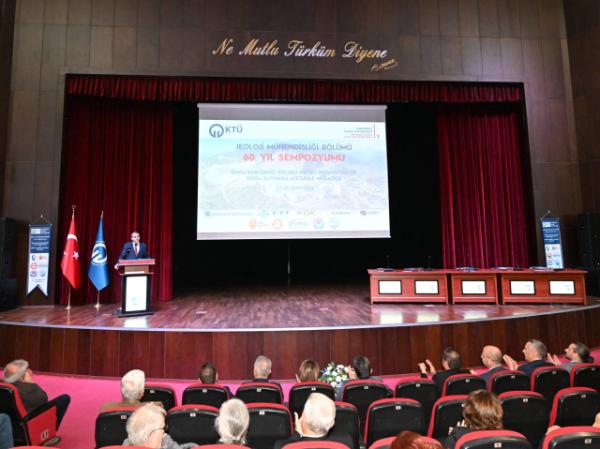
The Department of Geological Engineering at Karadeniz Technical University (KTU) celebrated its milestone with the "60th Anniversary Symposium of Geological Engineering."
04 November 2025
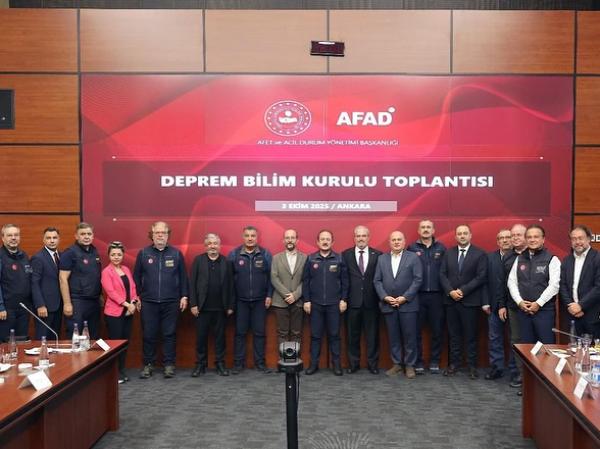
Prof. Dr. Ahmet Can ALTUNIŞIK has been appointed to the Earthquake Science Board of the Disaster and Emergency Management Presidency (AFAD).
07 October 2025
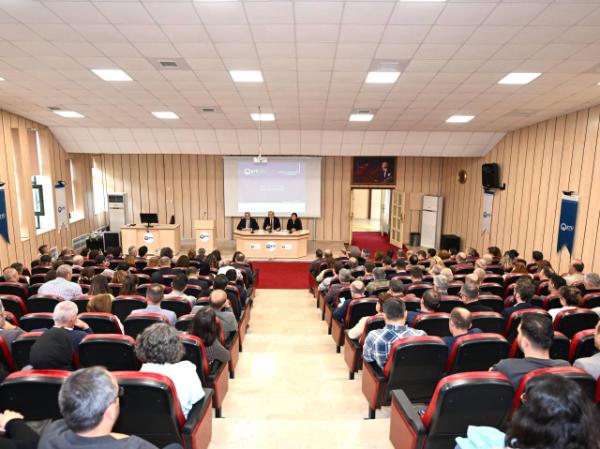
Our University?s Quality Assurance Commission recently hosted a Quality Assurance System Information Meeting, chaired by our Rector, Prof. Dr. Hamdullah ÇUVALCI.
02 October 2025
